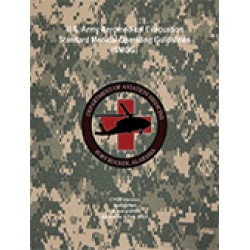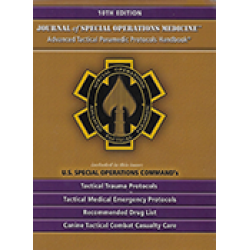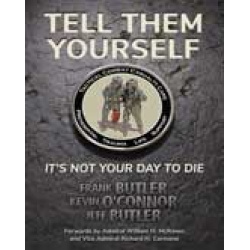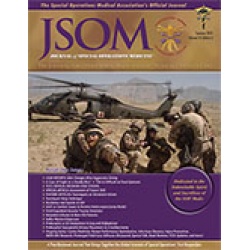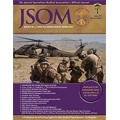Improvised Inguinal Junctional Tourniquets: Recommendations From the Special Operations Combat Medical Skills Sustainment Course
Kerr W, Hubbard B, Anderson B, Montgomery HR, Glassberg E, King DR, Hardin RD, Knight RM, Cunningham CW 19(2). 128 - 133 (Journal Article)
Effectively and rapidly controlling significant junctional hemorrhage is an important effort of Tactical Combat Casualty Care (TCCC) and can potentially contribute to greater survival on the battlefield. Although the US Food and Drug Administration (FDA) has approved labeling of four devices for use as junctional tourniquets, many Special Operations Forces (SOF) medics do not carry commercially marketed junctional tourniquets. As part of ongoing educational improvement during Special Operations Combat Medical Skills Sustainment Courses (SOCMSSC), the authors surveyed medics to determine why they do not carry commercial tourniquets and present principles and methods of improvised junctional tourniquet (IJT) application. The authors describe the construction and application of IJTs, including the use of available pressure delivery devices and emphasizing that successful application requires sufficient and repetitive training.


 Español
Español 